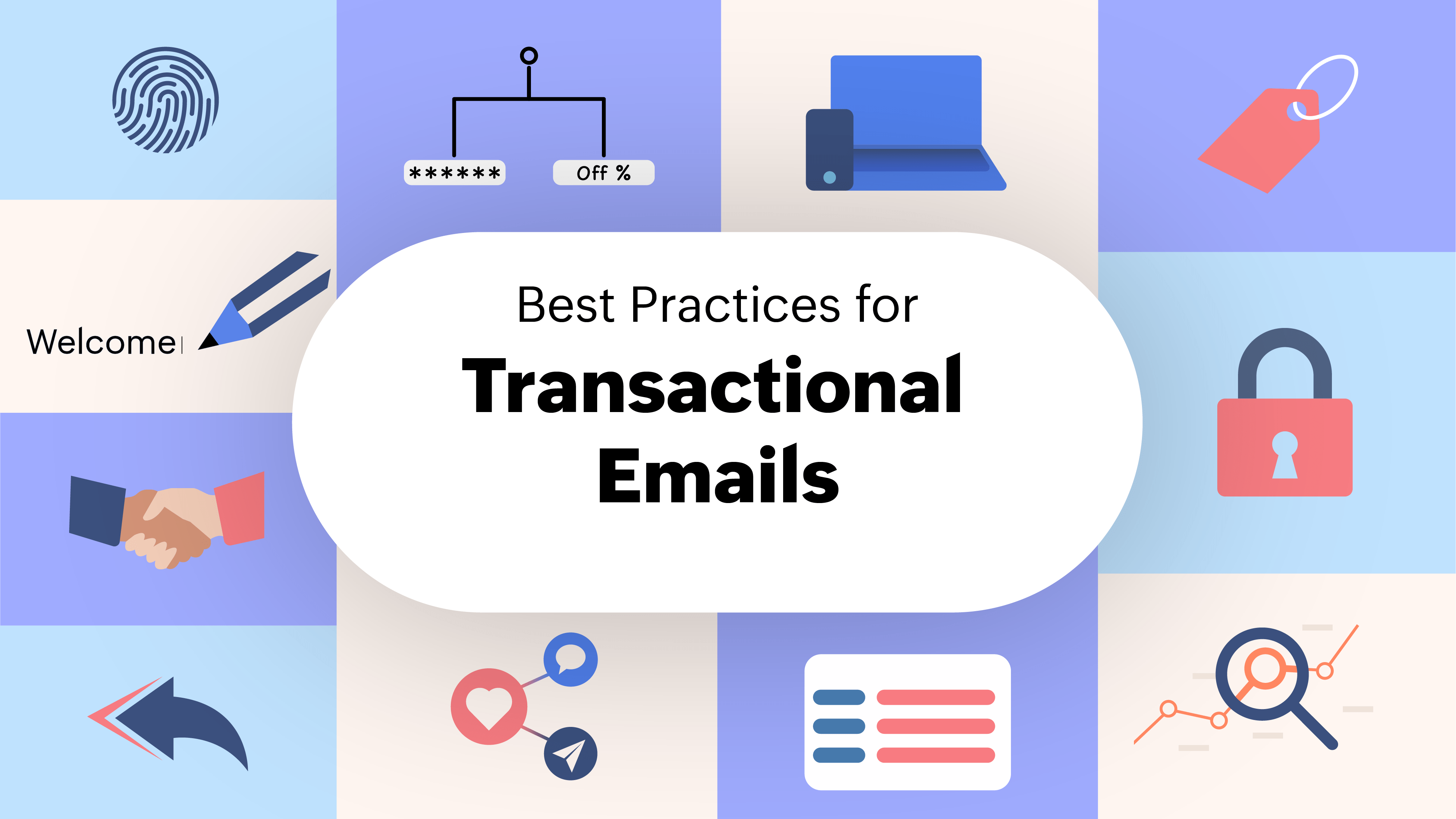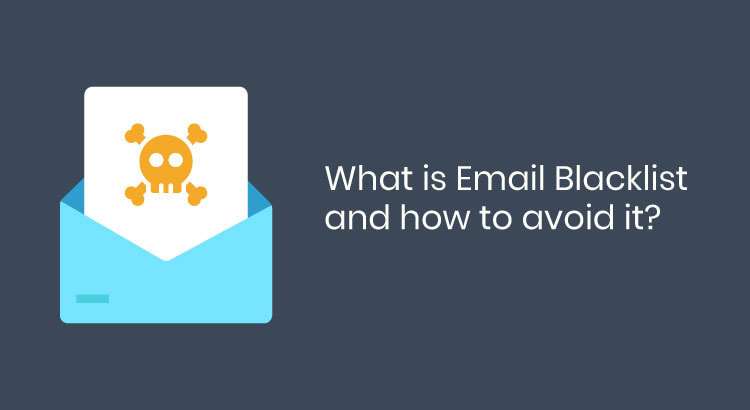7,194,324 total views, 5 views today
How old is a domain?
Simply expressed, “Domain Age” refers to the duration of time that a domain name has existed.
In 2020, if a domain name was registered in the year 2000, its age will be 20 years.
Consideration is given to two variables when determining the age of a domain name.
How long a domain name has been in use?
How long the website has been operating or how long it has provided information on the internet?
Domain age is considered by search engines from the time a website is first indexed by the search engine to the time the first inbound link is detected.
Why is domain age so significant?
The age of a domain is not only crucial for SEO, but also for email deliverability.
Age of Domain and SEO
Domain age is crucial for SEO because the age of a website is a ranking factor for search engines. The search engines strive to offer users the most relevant results. As a website age, it gains credibility in the eyes of search engines if it has high-quality content and an extensive portfolio of relevant inbound links that have been created over time. A longer domain age suggests durability, but there is more ambiguity about what a new website can or will give visitors.
Age of the Domain and Email Deliverability
Email deliverability is founded on three fundamental principles:
IP Reputation: Indicates the extent to which people desire to receive email from an IP address by analyzing the number of bounces, spam traps, and unsolicited bulk mail (UBE)
Content Reputation: uses a set of criteria to determine the sender’s quality based on the content of their email campaigns. Unique, pertinent, and interesting content has the highest probability of reaching the customer.
Status of the Domain: Your domain’s reputation can be affected by factors such as its age, how it is identified on the web, and whether it is associated with the entertainment, advertising, financial, or education industries.
As a significant aspect of your site’s reputation, sending emails from a brand-new domain that has not been “warmed up” signals fraud to spam filters.
Best SMTP Server in the industry here.
Purchasing a New Domain
If you intend to send email messages from a brand-new domain, you must first warm it up.
The process of warming up a domain is similar to that of warming up an email account. However, warming up a newly registered domain takes far longer than warming up a mailbox. Don’t fret, however. The actions required to prepare a domain for outreach are comparable to those required to create a new email account.
Here, our friends at WoodPecker will instruct you on how to warm up your domain.
Purchasing an Old Domain
When purchasing an older domain, you may encounter reputation issues if people have blacklisted the site or marked it as spam. As a result, you will receive a website with a tarnished reputation, which can be detrimental to your organization.





